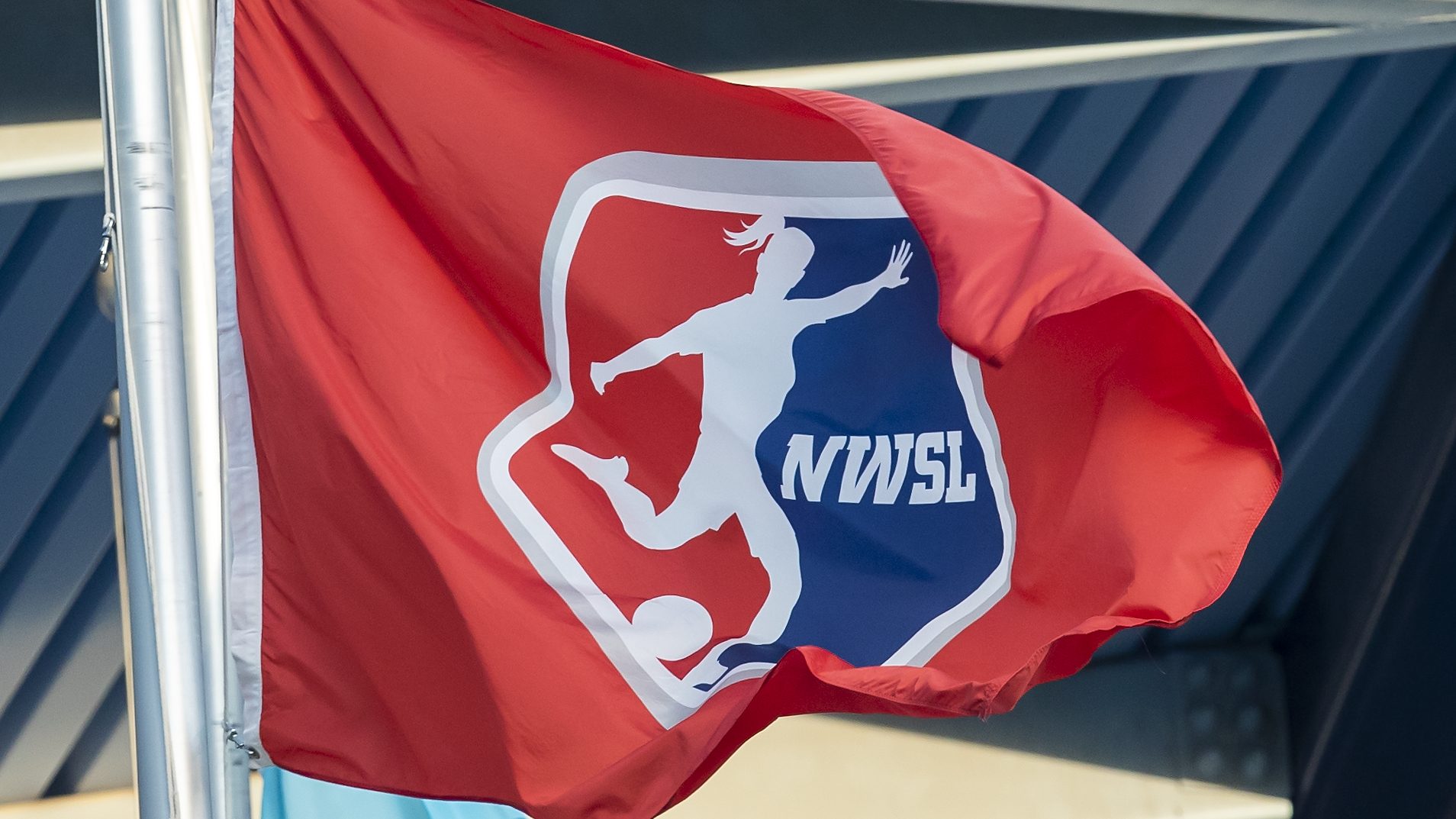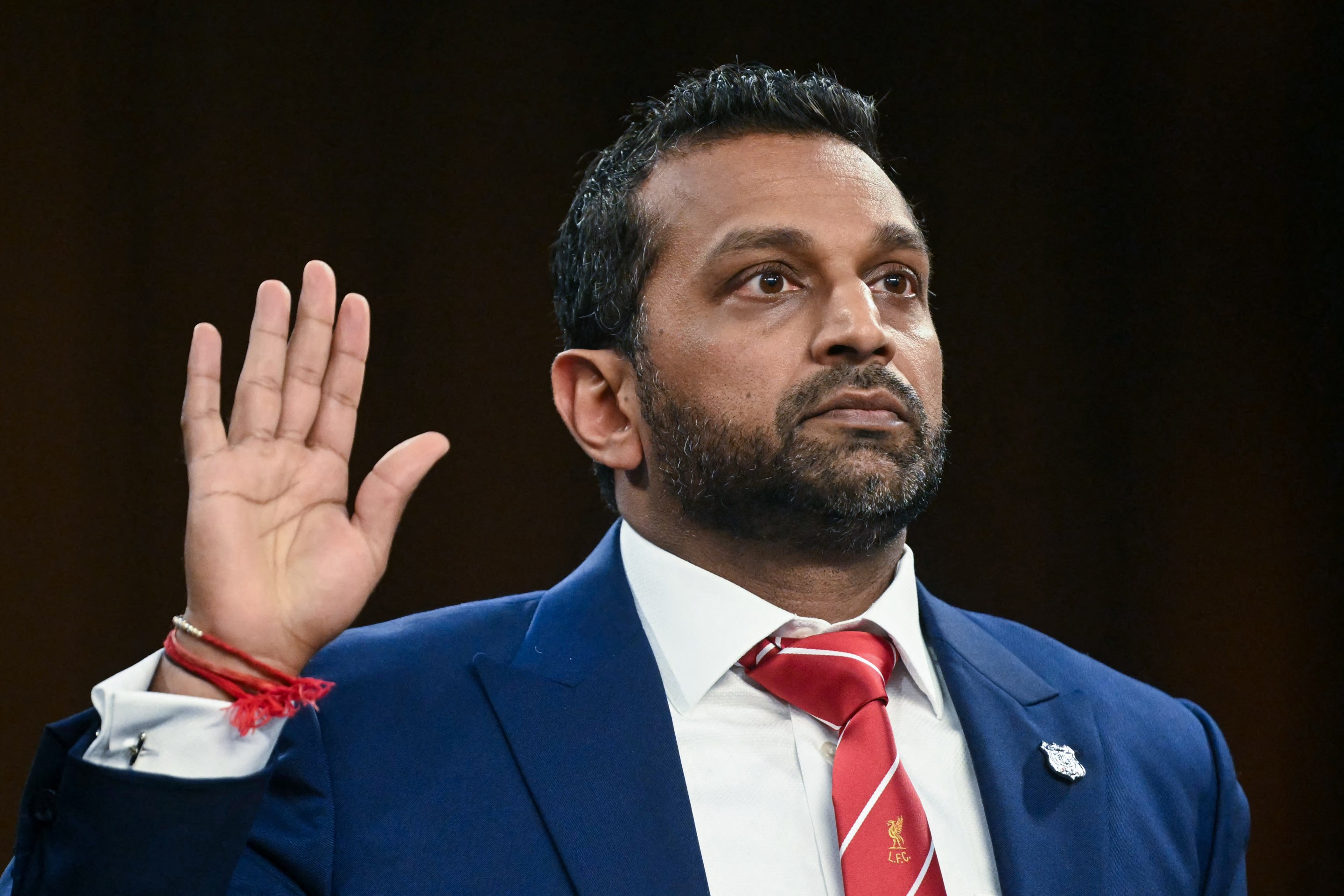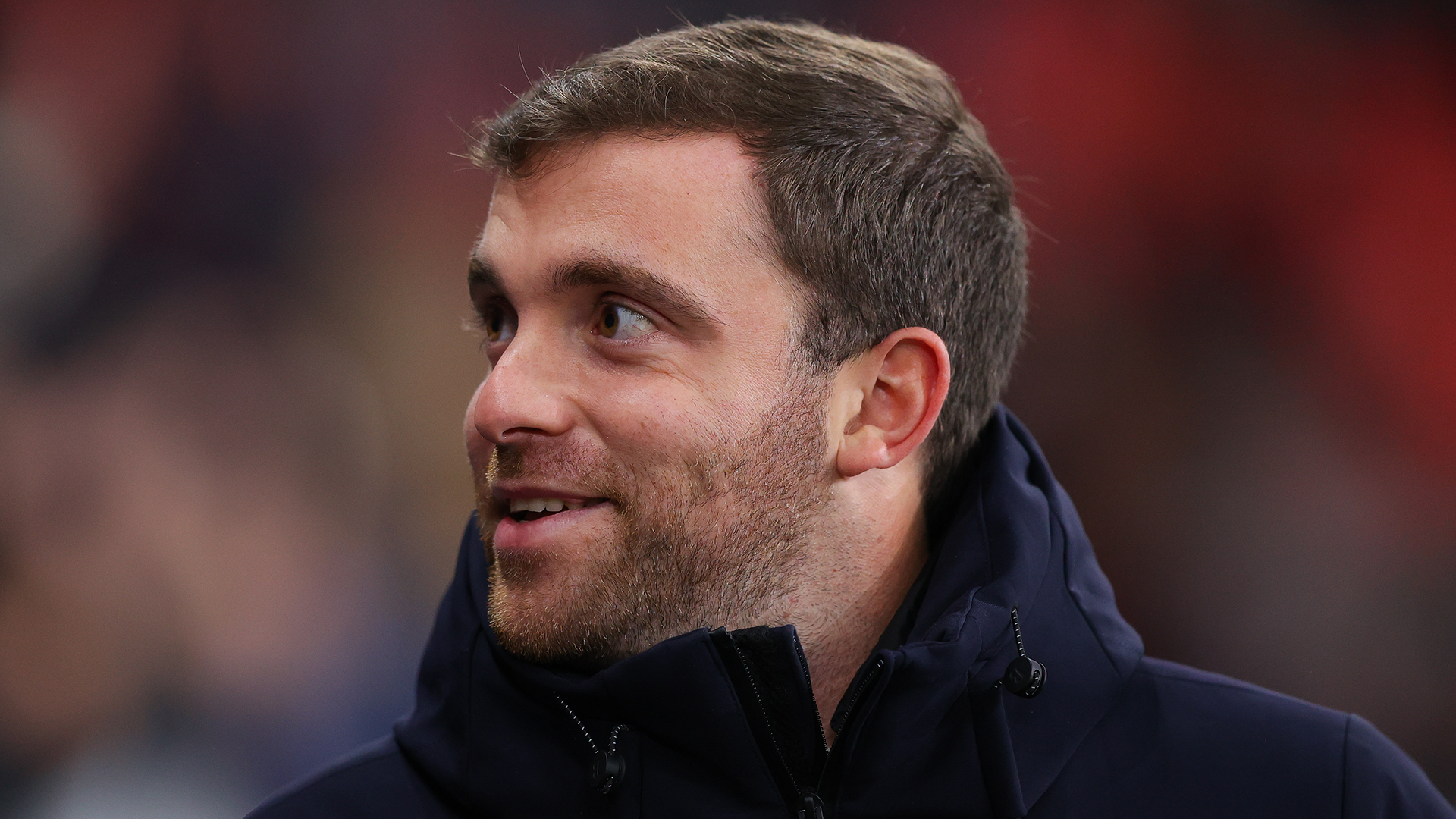As Friday afternoon is the well-known time for organizations to release information that they would rather not you not know too much about, the NWSL had a fairly busy Oct. 21. In light of the Sally Q. Yates report, Racing Louisville announced that it would add a general manager to its staff who would be "leading day-to-day operations," according to the Friday announcement. The club also sent a lengthy letter to its season ticket holders, outlining steps that it said it was taking in the wake of the Yates report.
The Yates report was a 319-page document that's difficult to summarize because it covers so much, but one way to put it would be that the document was a deep-dive into the systemic abuse that occurred in the NWSL and why it was allowed to happen, with a focus on three specific ex-coaches: Paul Riley (Portland Thorns, North Carolina Courage), Rory Dames (Chicago Red Stars), and Christy Holly (Sky Blue FC, Racing Louisville). All three coached in the league for years. All three were accused by former players of egregious workplace misconduct. All three got head coaching jobs after players, repeatedly, reported abuse.
The Yates report makes sure to note that this was due, not just to the failure of NWSL, but the widespread culture of abuse through the United States, starting in youth soccer and spreading all the way through players' professional lives. This is why U.S. Soccer also was a part of the Friday news dump, sending out its own lengthy statement about what it was doing in light of the Yates report.
But these statements are best read not for what they say—which is all the careful, public-relations-approved empty language sports fans have come to expect from these announcements. Instead, the answers remain in what is not said. In Louisville, neither statement, despite their many words, mentioned team president James O'Connor, who has had fans calling for his ouster since the details of Holly's abuse became public. Tyler Greever of WHAS added through his own reporting that O'Connor would remain on but, once the GM hire was made, he would "not be directly involved in Racing's operation." O'Connor will still be there, though.
A similar dynamic is playing out in Chicago and Portland. In Chicago, a board of directors now oversees team governance, but Arnim Whisler still owns the team. Similarly, in Portland, owner Merritt Paulson stepped down as CEO but he, like Whisler, still owns the team. Fans are, rightfully, still calling for both owners to sell because they understand that the ultimate power, no matter how many layers you cook up, rests with the person who signs the checks. In other words, NWSL leadership will give their sport's fans some change but—like so many other North American professional sports organizations—they remain wary of pushing out bad actors, probably because they fear the same ax one day falling on them.
As for U.S. Soccer, its Friday news dump focused on it publishing a list on its own website of coaches who have been disciplined, suspended, or banned. Notably, the list does not include Holly. Per The Athletic's Meg Linehan, it's because Holly didn't have the proper coaching license from U.S. Soccer. The press release also said that the the U.S. Soccer committee tasked with making the recommendations given by the Yates report actually happen would keep the public "up to date on our work" and insisted its work was "only getting started." It sounds nice, as press releases are designed to do.
But I keep returning to what is not said, both in the press release and in the interview Linehan did with Danielle Slaton, who chairs the previously mentioned committee. Because U.S. Soccer cannot directly wrestle with the fact that so much of the fault for the abuse lies at its own feet. U.S. Soccer is, after all, the national governing body of its sport and part of the Olympic movement, the same way USA Gymnastics and USA Swimming govern their sports—two other large NGBs also still grappling with their own systemic cultures of abuse. In isolation, the culture of abuse in soccer is tragic. Zoom out, and it's part and parcel of the Olympic movement.
That's not the type of language you'll find in Team USA's marketing. And as fun as it to scream "tear it all down," it doesn't change that someone does have to oversee all these sports. Can you make meaningful and systemic cultural change in not just U.S. Soccer, but across the Olympic power structure and into the highest reaches of the NWSL? With leaders like O'Connor, Whisler, and Paulson still around? For now, the most powerful people in soccer would rather not say.






